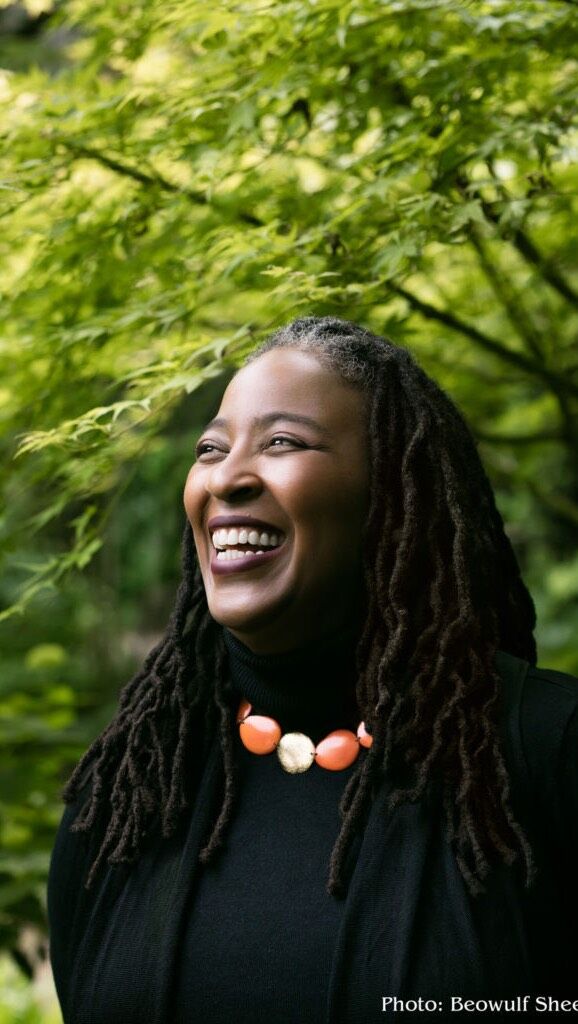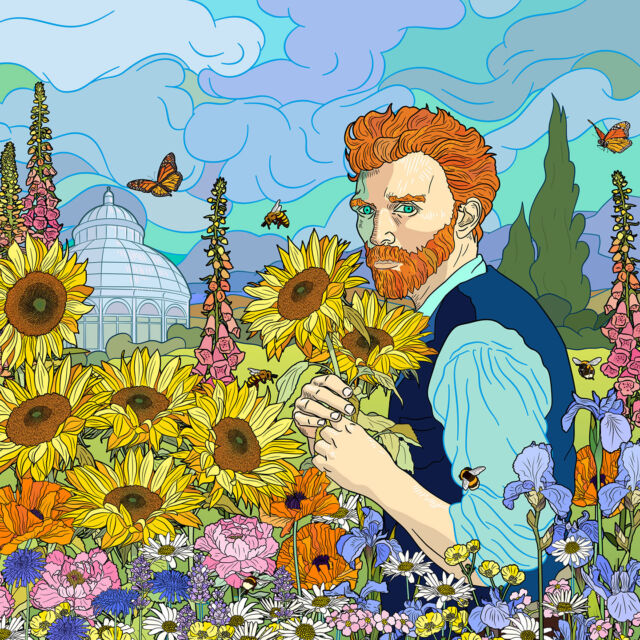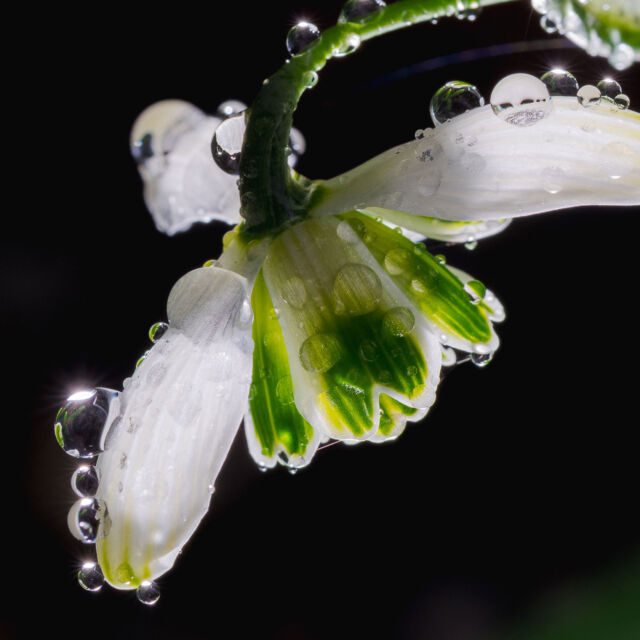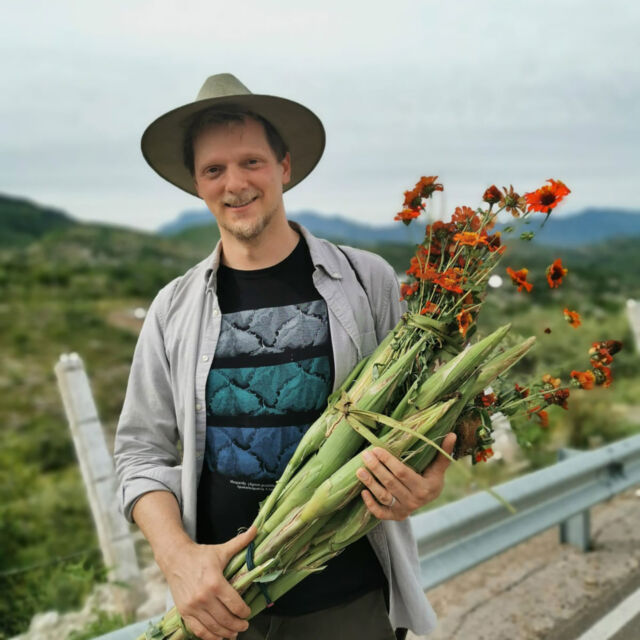Solving Climate Change Conundrums: Ways Are There, but Can Society Find the Will?
Brian M. Boom, Ph.D., is a Curator Emeritus at The New York Botanical Garden. He previously served as the Botanical Garden’s Vice President for Conservation Strategy.
On March 20, 2023, the Intergovernmental Panel on Climate Change (IPCC) released its latest report. The gist of this 36-page “Summary for Policymakers” is that there are many existing options for society to reduce greenhouse gases and adapt to climate change. Most important, the report provides a roadmap for how society could still do so in a timeframe that could keep the atmosphere’s temperature from rising beyond 1.5 degrees Celsius above pre-industrial levels, a much-cited threshold for triggering far more severe and potentially non-reversible climate change effects than we currently experience. That’s the good news.
The bad news is that this goal will be exceedingly difficult to achieve because time is short: greenhouse gases in the atmosphere need to be cut nearly in half by the year 2030 and be net zero by 2040 for industrial countries and by 2050 for developing countries. While the ways are there, the challenge is to find the will to cut greenhouse gases and adapt to a changing climate.
Statements by U.N. Secretary General António Guterres at the IPCC’s press conference about this report illustrate the urgency and challenges: “The climate time bomb is ticking. But today’s IPCC report is a how-to guide to defuse the climate time bomb. It is a survival guide for humanity,” and “In short, our world needs climate action on all fronts—everything, everywhere, all at once.”

So, what does climate action look like for a botanical garden, a type of organization—of which there are hundreds in more than 100 countries—that has a central role to play in leading the way to solutions? At The New York Botanical Garden (NYBG), one example is our approach to sustainability, which spans the institution’s operations, research, education, and biodiversity conservation activities from the Bronx to Brazil. Because climate action and biodiversity conservation are two sides of the same environmental crisis coin, efforts in one arena will enhance outcomes in the other. For example, one NYBG urban community science initiative, the New York City EcoFlora project, fosters understanding and appreciation of urban biodiversity and its conservation as well as awareness of the implications of climate change on the people, plants, animals, and fungi of New York City.
In two previous blog posts, Mitigating Global Warming: A Botanical Approach, Part 1 and Mitigating Global Warming: A Botanical Approach, Part 2, I wrote about botanical solutions to climate change conundrums, essentially arguing that through conservation of natural habitats and restoration of degraded ecosystems, important contributions can be made that simultaneously foster the preservation of biodiversity and reduce the amount of carbon dioxide in the atmosphere. These ideas were championed by the late Thomas E. Lovejoy, Ph.D., and the late Edward O. Wilson, Ph.D., both of whom I quote in those blog posts.
In his 1971 book The Closing Circle: Nature, Man, and Technology, ecologist Barry Commoner wrote: “Human beings have broken out of the circle of life, driven not by biological need, but by the social organization which they have devised to ‘conquer’ Nature: means of gaining wealth that are governed by requirements conflicting with those which govern nature. The end result is the environmental crisis, a crisis of survival….To survive, we must close the circle. We must learn how to restore to nature the wealth that we borrow from it.” ¹
To solve current climate change conundrums, society urgently needs to find the will to close the circle. This new IPCC report, truly a “survival guide for humanity,” provides the ways to do so.
____________________________
¹Commoner, B. 1971. Pages 299—300. The Closing Circle: Nature, Man, and Technology. New York: Alfred A. Knopf.
SUBSCRIBE
Enter your email address to subscribe to this blog and receive updates on new posts.











